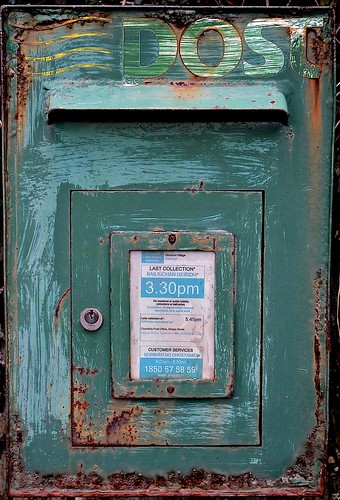One of the reasons the political establishment and intelligence community are so unapologetic about the bulk collection of metadata and other personal information is because they cling to a particular interpretation of what “collecting” means. In this interpretation, hoovering up data and storing it in data-centres does not constitute “collecting”. Only when a human looks at a particular data point is it actually “collected”.
Here’s how Brice Schneier puts it:
And the word “collect” has a very special definition, according to the Department of Defense (DoD). A 1982 procedures manual (pdf; page 15) says: “information shall be considered as ‘collected’ only when it has been received for use by an employee of a DoD intelligence component in the course of his official duties.” And “data acquired by electronic means is ‘collected’ only when it has been processed into intelligible form.”
Director of National Intelligence James Clapper likened the NSA’s accumulation of data to a library. All those books are stored on the shelves, but very few are actually read. “So the task for us in the interest of preserving security and preserving civil liberties and privacy,” says Clapper, “is to be as precise as we possibly can be when we go in that library and look for the books that we need to open up and actually read.” Only when an individual book is read does it count as “collection,” in government parlance.
So, think of that friend of yours who has thousands of books in his house. According to the NSA, he’s not actually “collecting” books. He’s doing something else with them, and the only books he can claim to have “collected” are the ones he’s actually read.
This is why Clapper claims — to this day — that he didn’t lie in a Senate hearing when he replied “no” to this question: “Does the NSA collect any type of data at all on millions or hundreds of millions of Americans?”
If the NSA collects — I’m using the everyday definition of the word here — all of the contents of everyone’s e-mail, it doesn’t count it as being collected in NSA terms until someone reads it. And if it collects — I’m sorry, but that’s really the correct word — everyone’s phone records or location information and stores it in an enormous database, that doesn’t count as being collected — NSA definition — until someone looks at it. If the agency uses computers to search those emails for keywords, or correlates that location information for relationships between people, it doesn’t count as collection, either. Only when those computers spit out a particular person has the data — in NSA terms — actually been collected.
There’s a word for this: casuistry. And it’s not just the preserve of politicians and intelligence agencies. Google & Co are just as bad — as when the Google executive quoted by Schneier says “”Worrying about a computer reading your email is like worrying about your dog seeing you naked.”
To which Schneier replies:
when you’re watched by a dog, you know that what you’re doing will go no further than the dog. The dog can’t remember the details of what you’ve done. The dog can’t tell anyone else. When you’re watched by a computer, that’s not true. You might be told that the computer isn’t saving a copy of the video, but you have no assurance that that’s true. You might be told that the computer won’t alert a person if it perceives something of interest, but you can’t know if that’s true. You do know that the computer is making decisions based on what it receives, and you have no way of confirming that no human being will access that decision. When a computer stores your data, there’s always a risk of exposure. There’s the risk of accidental exposure, when some hacker or criminal breaks in and steals the data. There’s the risk of purposeful exposure, when the organization that has your data uses it in some manner. And there’s the risk that another organization will demand access to the data. The FBI can serve a National Security Letter on Google, demanding details on your email and browsing habits. There isn’t a court order in the world that can get that information out of your dog.
Yep.


